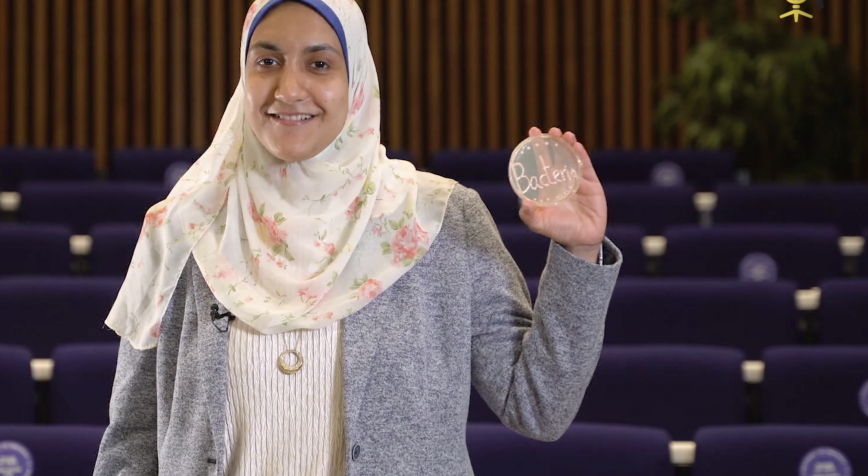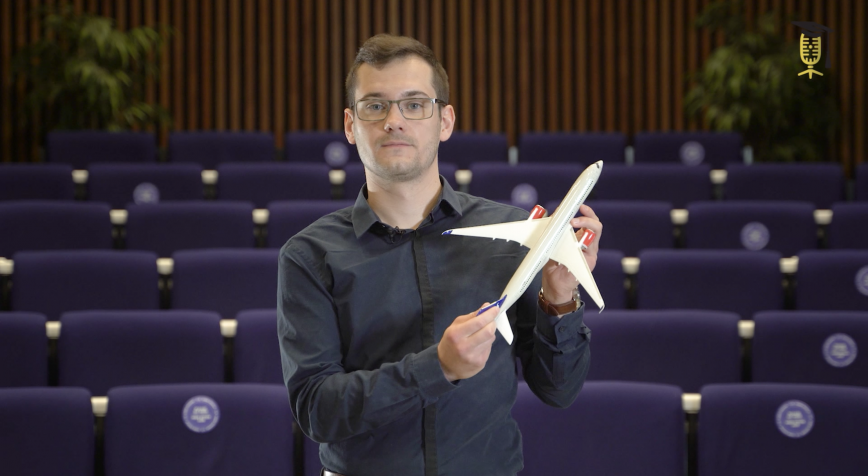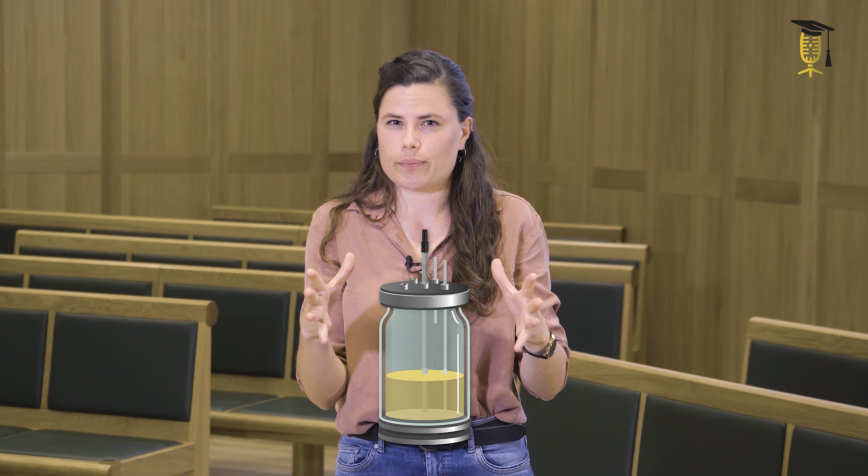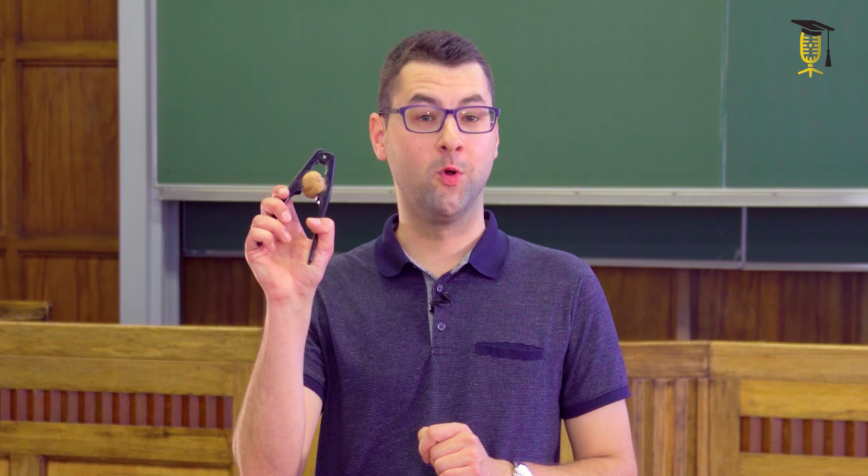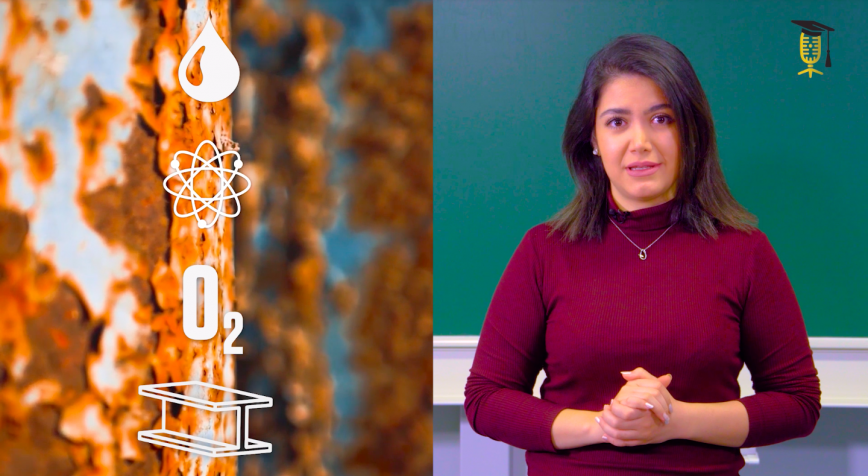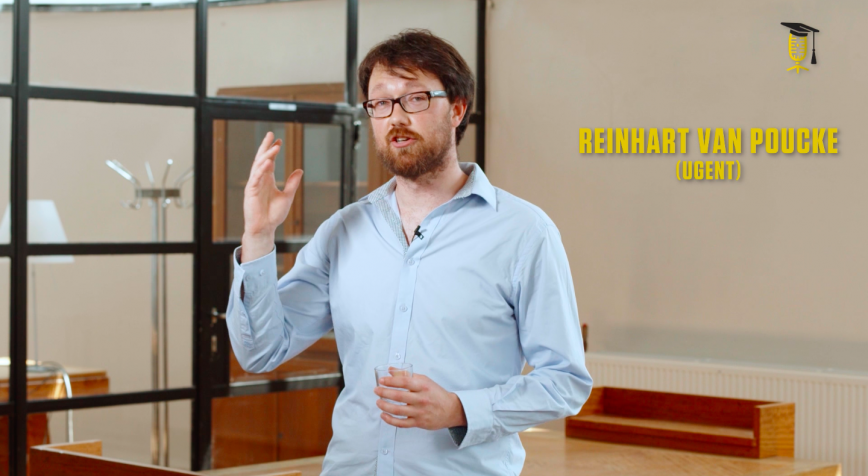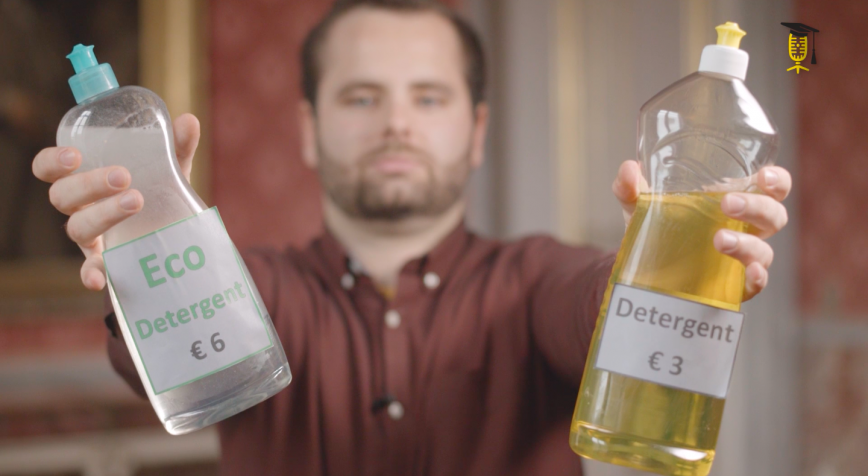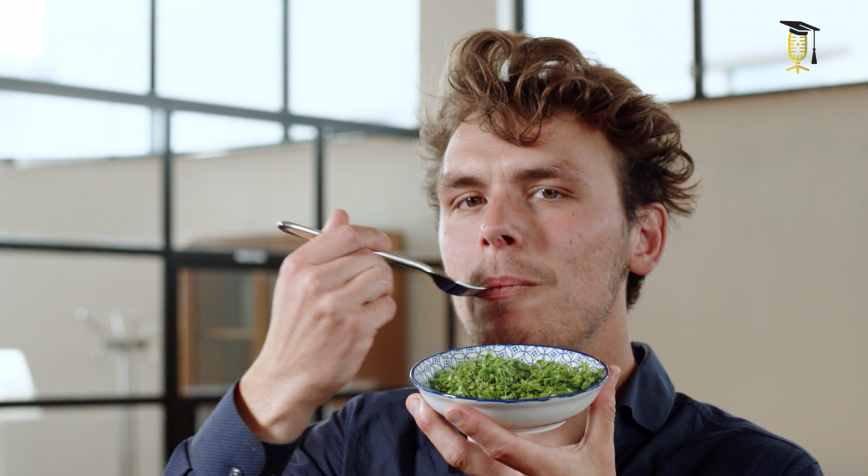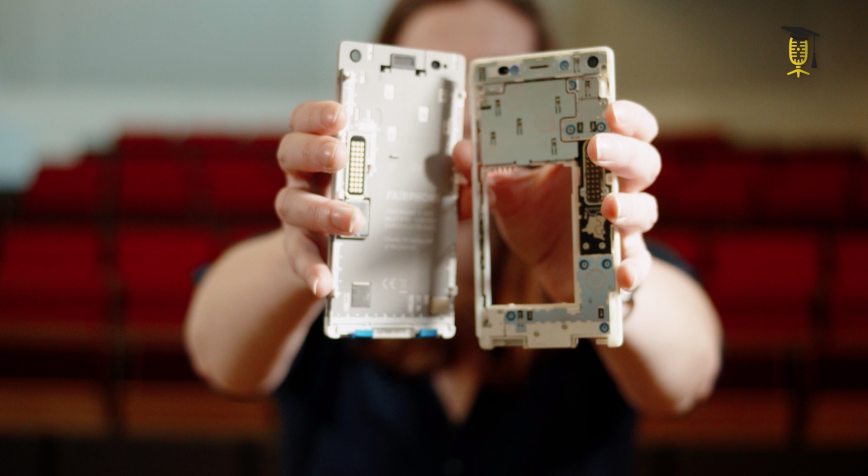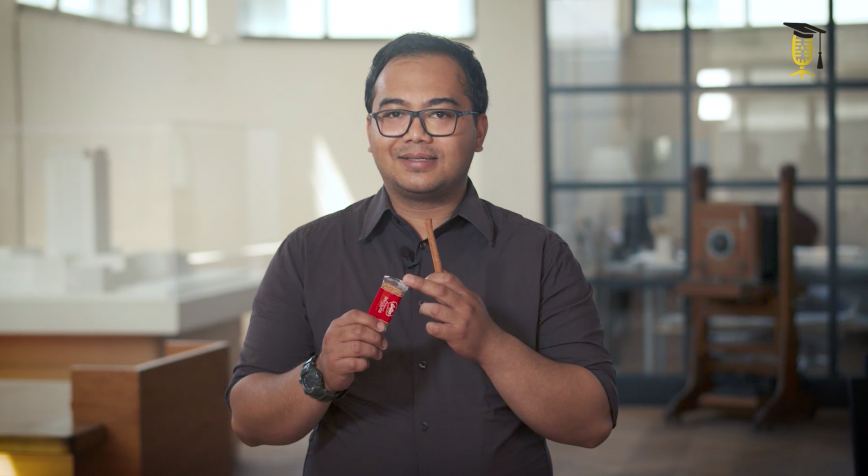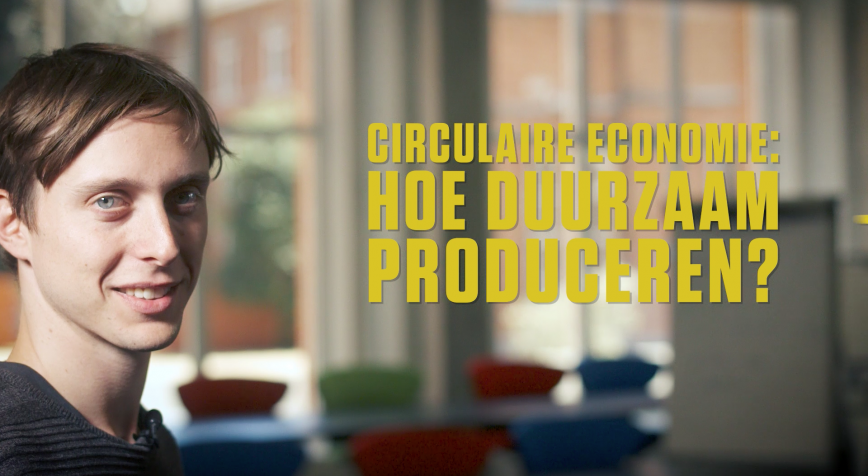
UGent
Hack a yeast ... for the production of clean soap
Washing hands, we do it more than ever due to COVID. But did you know there's a dirty side to soap? Heavy metals and chemicals are used in its production. UGent researcher Goedele Luyten wants to make more environmentally friendly soap and for this, she relies on ... yeast. Watch the video 🎥
